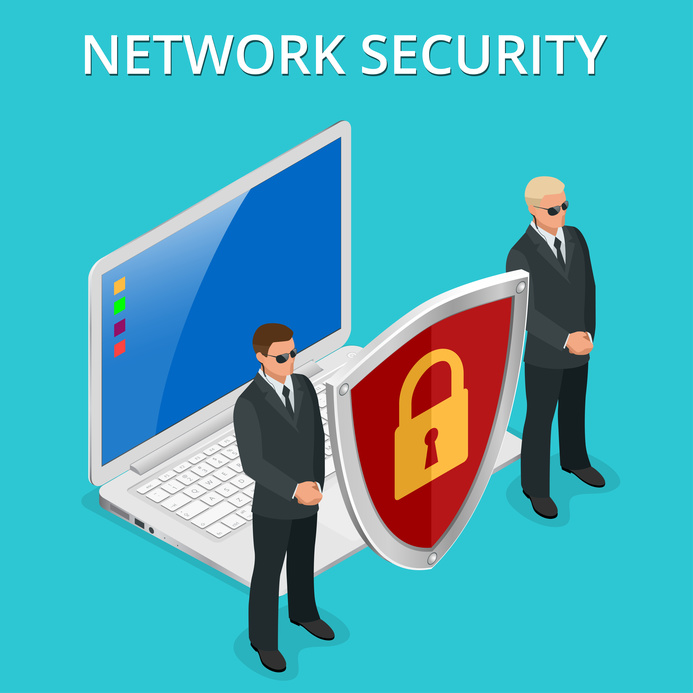Is your computer acting strangely — slow performance, unexpected pop-ups, or unknown programs running in the background? These could be warning signs that your system has been hacked. Cyberattacks are more common than ever, and many go undetected until serious damage is done. In this article, we’ll show you how to recognize the signs of a compromised computer and walk you through the steps to fix it and protect your data moving forward.
Here are some signs of how to know if your computer is hacked
- Unfamiliar programs or toolbars: If you notice unfamiliar programs or toolbars on your computer that you didn't install yourself, this could be a sign that your computer has been hacked. Hackers often install malware or other malicious software on a victim's computer without their knowledge.
- Unusually slow performance: If your computer is suddenly running much slower than usual, it could be a sign that it's been hacked. Hackers may install malware or other malicious software on your computer that consumes resources and slows down your system.
- Pop-up windows and error messages: If you're seeing a lot of pop-up windows or error messages that you didn't initiate, it could be a sign that your computer has been hacked. These pop-ups may contain links or prompts to install malware or other malicious software.
- Unauthorized access to your accounts: If you're unable to log into your accounts or if you notice that someone has accessed your accounts without your permission, it's possible that your computer has been hacked. Hackers may use your login information to access your accounts or may have installed malware that is capturing your login credentials.
- Unfamiliar files or folders: If you notice unfamiliar files or folders on your computer, it could be a sign that your computer has been hacked. Hackers may create these files or folders as part of their attack or may use them to store malicious software.
If you suspect something has happened to your computer, it's important to take action as soon as possible to prevent further damage. Here are some steps you can take:
- Disconnect your computer from the internet: This will prevent the hacker from being able to access your computer or from installing further malware.
- Run a malware scan: Use a reputable antivirus or malware removal tool to scan your computer for malware. If any is found, follow the prompts to remove it.
- Change your passwords: If you suspect that your login credentials have been compromised, change your passwords for all of your accounts. Use strong, unique passwords and enable two-factor authentication for added security.
- Keep your security software up to date: Make sure that you have the latest version of your antivirus and malware removal software, and keep it up to date to ensure that it can detect and remove the latest threats.
By being aware of the signs of how to know if your computer is hacked and taking steps to protect yourself, you can reduce the risk of falling victim to a cyber attack. Stay safe online!
🛡️ Think Your Computer’s Been Hacked?
If you’re noticing strange behavior, unauthorized access, or performance issues, your system may have been compromised. At Landon Technologies, we offer expert cybersecurity support, computer repair and IT troubleshooting, and remote threat removal to get your device back in safe, working order.
- Malware and spyware scans
- System cleanup and software repair
- Password resets and security hardening
- Ongoing protection and monitoring options
📍 We help clients in Marietta, GA and across the U.S. recover quickly and secure their systems against future attacks.
🛡️ Cybersecurity
🛡️ Stay Ahead of Cyber Threats
Get the latest security insights and tips in our
👉 Cybersecurity Blog Category








 Protecting Networks and Data with Unified Threat Management Solutions
Protecting Networks and Data with Unified Threat Management Solutions